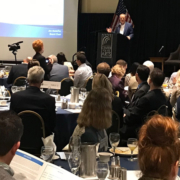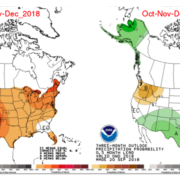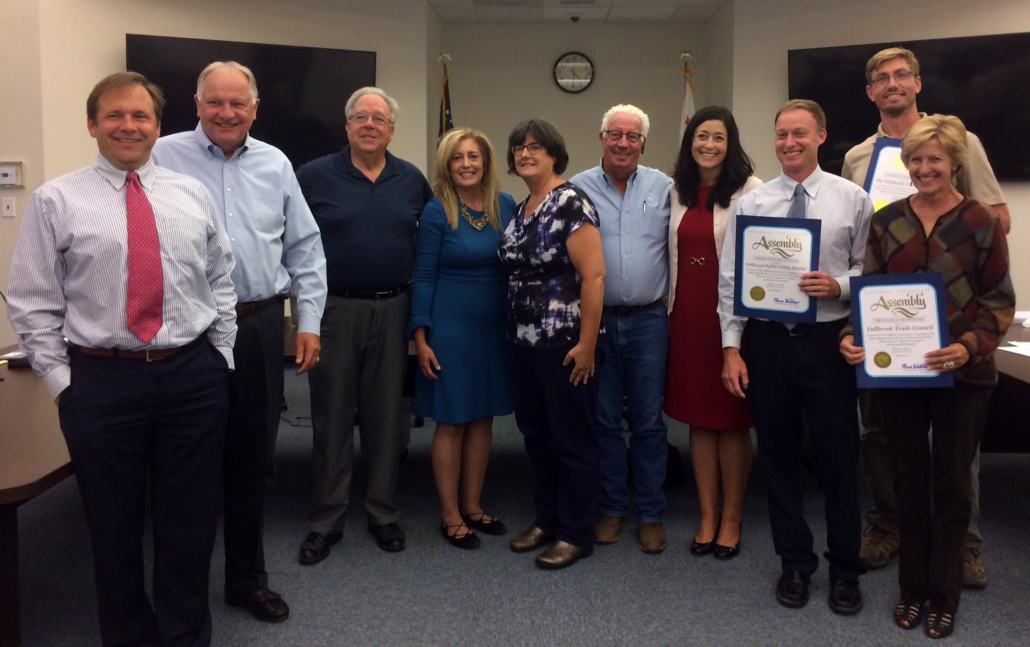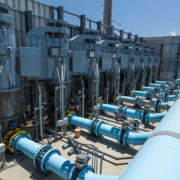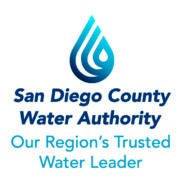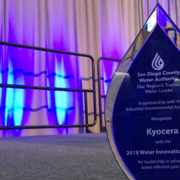North County Water Symposium Highlights Efforts to Ensure Reliability
Escondido — The 2018 North County Water Symposium on Wednesday highlighted efforts by the San Diego County Water Authority to ensure regional water reliability for a crowd of about 100 North County business and industry leaders.
Keynote speaker Jim Madaffer, the Water Authority’s newly elected board Chair, reviewed the Water Authority’s historic achievements in water supply diversification. He also discussed continued regional development of water recycling capacity and investments in technology to maintain billions of dollars worth of water infrastructure.
“As the Water Authority approaches our 75th year,” said Madaffer, “we are doing everything we can … to make sure that we have a resilient water supply for the region.”
The symposium was organized by the San Diego North Economic Development Council. It featured a panel discussion on water supply and reliability for San Diego North County, with a focus on agriculture and housing. Panelists were Greg Thomas, general manager of Rincon del Diablo Municipal Water District; Cari Dale, water utilities director for the City of Oceanside; Eric Larson, executive director of the San Diego County Farm Bureau; and Michael McSweeney, senior public policy advisor for the San Diego Building Industry Association.
Larson highlighted efforts by farmers to increase water-use efficiency and advance recycled water use to support their multi-billion dollar industry. McSweeney said the building industry improves water efficiency when it replaces decades-old homes with new homes that use less water and less energy thanks to modern technologies.
Larson and Thomas say their respective industries share a similar challenge. Larson said fewer young adults today choose farming careers. Thomas expressed the same concerns about the water industry. “There is so much emphasis among high school students on going to college, we aren’t training enough water technology employees” to replace a “silver tsunami” of retiring Baby Boomers, he said.
Madaffer and the panelists agreed that continued dialogue and coordinated efforts among the North County region’s leaders across all economic sectors can drive economic growth while ensuring water efficiency and reliability.

